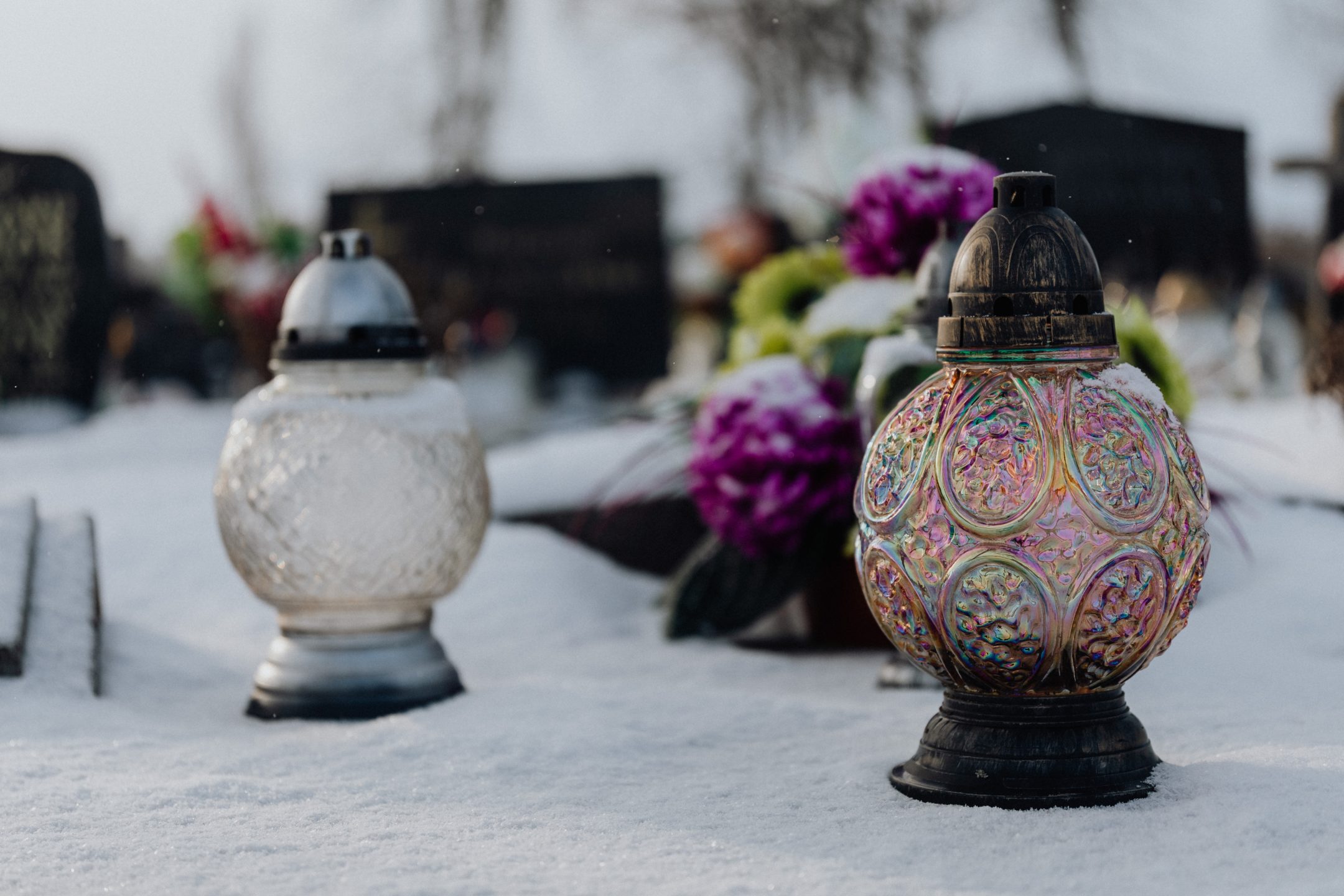In a recent Nova Scotia case, the court addressed the legal status of ashes, after the deceased’s daughter objected to the executor’s decision to move her mother’s ashes.
Children Go to Court Over Parents’ Ashes
The father died on July 30, 2016. He and his wife, who had predeceased him, had six children together.
One of the parents’ sons was named executor of the father’s estate and was responsible for filing the accounts and closing the estate.
However, one of their daughters went to court over a number of issues, including the passing of accounts. However, the core issue in front of the court related to the parents’ ashes.
Specifically, the daughter objected to the passing of accounts on the grounds that the son had moved the mother’s ashes against the father’s wishes, so that when her father’s ashes had been interred, they were not with the mother’s ashes.
Court Reviews Legal Status of Ashes
At the outset, the court explained the legal status of ashes and their disposition as follows:
“A person’s ashes are not a part of their estate. A will does not provide legally binding conditions as to the disposition of the testator’s ashes. The executor has common law obligations with respect to the body of the deceased person. Those are to dispose of the human remains of the testator in a dignified and respectful way….What happens to the ashes after that is not an issue that relates to the estate of the deceased.”
The court went on to explain how the disposition of ashes is legally distinct from the disposition of a deceased’s body, stating:
“Ashes are not a human body. There are laws and regulations that govern many aspects of the treatment of the body of a dead human being. Some of those rules are based on health concerns and some have their basis in the concern for basic human dignity. Ashes are not the same. A person’s ashes may be divided among family members, placed in urns, moved from place to place, kept on a mantle, buried, scattered or used to create a ‘diamond’. […]
The common law requires that the executor deal with the body of the deceased in a way that is dignified and respectful. Having the body properly cremated complies with that requirement. The executor then has custody of the ashes of the deceased person. They are not part of the estate. But the executor must decide what to do with them. A buried human body cannot easily be disinterred and taken elsewhere. Ashes need not be interred at all and can be divided into parts and taken almost anywhere.”
Court Dismisses Daughter’s Objection
Taking such legal principles together, the court found that an executor’s obligations will be deemed fulfilled when arrangements have been made for the appropriate disposition of the ashes. It further held that such disposition must ultimately be left to the discretion of the executor. As such, the court stated that estates are not required to respond to claims by family members for a share of the ashes or for a say in the final disposition of the ashes.
The court therefore held that, having disposed of his father’s ashes, the son had fulfilled his obligations as an executor. It further held that, because the mother’s ashes did not form part of the father’s estate, the son’s removal of those ashes had not been done in the son’s capacity as executor of the estate of his father. Finally, the court noted that there was no legal impediment to the moving of the mother’s ashes.
In the result, the court dismissed the daughter’s objection.
Get Help
An effective estate plan goes far beyond just creating a will. You should also consider securing other important legal tools including powers of attorney (for personal care and for property), trusts (including Hansen trusts if you have disabled children or other dependants), as well as the designation of beneficiaries on life insurance policies, pensions, and other key documents.
The best way to guarantee that your wishes will be carried out exactly as you would like them to is to consult with an experienced estate lawyer. At Campbells LLP in Oakville, our wills lawyers have been helping clients with Wills and estates matter since 1999. We will meet with you to help you clarify your long-term objectives and will create a personalized, effective estate plan designed to meet those goals. As your family grows or changes, we will ensure your estate plan is amended as required to ensure it continues to protect your ultimate objective.
At Campbells LLP, we are proud of the strong, long-lasting relationships we build with the clients for whom we craft Wills and estate plans. With our help, you can ensure that your family and loved ones are taken care of, that your wealth is distributed as you wish, and that the risk of any potential litigation is minimized. Our overall mission is to provide the right solution for each and every one of our clients. Contact us online or at (905) 828-2247 to learn more about our services.

